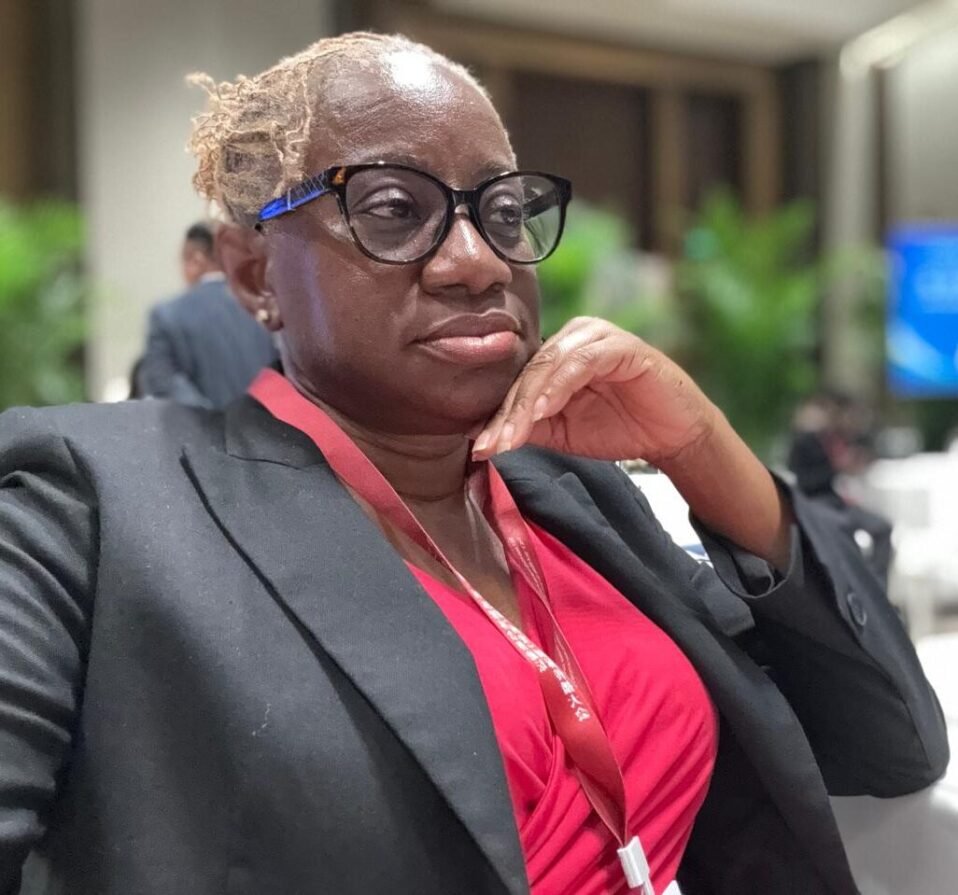If a tree were to fall on an island where there were no human beings would there be any sound?
How then, does there become an awareness of the value of the New Silk Road, the Belt and Road Initiative without the eyes and ears of the media, people like us!
A personal story – I am from a small island Antigua and Barbuda in the Caribbean Sea. My twin-island paradise human resources are liquid gold – the endless expanse of the sea that surrounds us and our invaluable diamonds – our people. We are in total 100,000 people dependent on trade in goods and services for our socio-economic survival.
Our founding Father Sir Vere Cornwall Bird to our present Prime Minister Gaston Browne, much like President Xi and all the previous leaders of China, were and remain visionary in building out the core components of a solid economy while acknowledging that as a nation since 1981, we could not go far alone in the global economic landscape.
Despite our legacy of colonialism and the centuries-long dependence on regional alliances in the West which brought development purely aligned to external interests, it has taken significant investments of more than 0.5 billion from China through the Belt & Road Initiative to drive important phases of our national economic development strategy.
And yet, there are still gaps in the information dissemination network on the significance of the Belt and Road among many; the connections it has opened in international trade of goods and services, and the almost bottomless plethora of opportunities that exist for continued growth and improving the standard of living.
It is the role of media professionals to stand in that gap of the paucity of information. To ensure that there are ‘humans on the island’, and ‘humans in the forest’, to gather the information, to bear first-hand witness, to be the vanguards of the developments as they unfurl.
Without the active participation of the media, without the sharing of the benefits, without an appreciation of the challenges, without the sharing of experiences and lessons across the globe from Caribbean Nations to Latin America, Asia, Eurasia, and my motherland Africa, the narrative on the impact of the invaluable investments and growth led by China could be heard by our people from other perspectives that do not share our collective best interest and have undesired impacts on our national development agenda.
Some of us who study history may recall the negative repercussions on trade and international economic growth when the Silk Road was halted and the subsequent expansion and growthwhen China restarted that initiative. The Belt and Road is today’s Silk Road, the New Silk Road.
We must position ourselves in spaces where programs and initiatives of the Belt and Road are ongoing. Not only for our countries but also to find opportunities to connect the dots across regions. The cross-sharing of information facilitates global connections allowing our nationals to appreciate that the path to progress is a global initiative with opportunities beyond their borders and demonstrates that the offerings in the Belt and Road is a global collective which other nations choose.
As media, our participation makes us credible and well-positioned to share. Our participation increases the likelihood of acceptance of the features we present.
In today’s environment the Media, the fourth estate, are the gatekeepers standing in the gap to ensure our citizens are exposed to the nature of the Belt and Road Initiative and the positive benefits it brings.
Presented at the sub-forum Silk Road Media Exchanges and Cooperation Dialogue at the 2nd Silk Road (Xi’an) International Forum

